Tax technology, also known as tax tech or tax technology solutions, refers to the use of advanced software and technology tools to streamline and optimize tax-related processes within an organization. These solutions have several merits and are benefiting the IT sector in various ways:
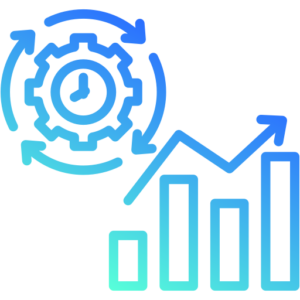
Efficiency and Automation
Tax technology automates many routine and time-consuming tasks related to tax compliance and reporting. This efficiency allows tax professionals to focus on more strategic and value-added activities, reducing manual errors and improving overall productivity.
Accuracy and Compliance
Tax technology helps ensure accurate calculations and compliance with constantly changing tax laws and regulations. It minimizes the risk of costly errors or penalties resulting from non-compliance.


Data Analytics
Tax tech solutions often incorporate data analytics capabilities, allowing organizations to gain insights into their financial data. This data-driven approach helps in making informed decisions and optimizing tax strategies.
Cost Reduction
By automating processes and reducing the need for manual intervention, tax technology can significantly reduce operational costs in the IT sector. This includes lower staffing requirements for routine tax-related tasks.
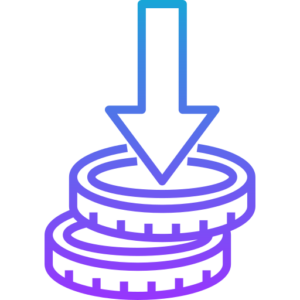
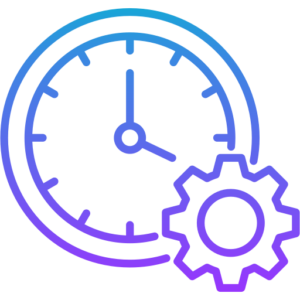
Real-time Updates
Tax technology keeps organizations up to date with tax law changes, ensuring that tax calculations and reporting remain accurate and compliant. This is particularly crucial in industries or regions with rapidly evolving tax codes.
Enhanced Reporting
Tax tech solutions provide robust reporting capabilities, enabling organizations to generate customized reports quickly and efficiently. This aids in decision-making and facilitates better communication with stakeholders.
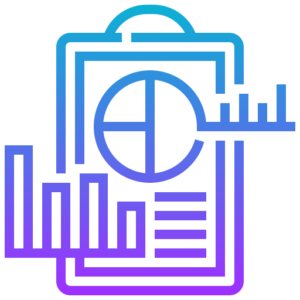
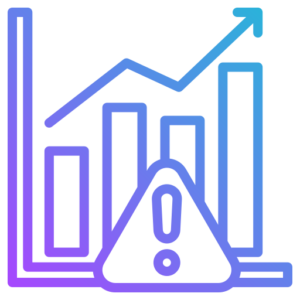
Risk Management
Advanced tax technology includes risk assessment tools that help organizations identify potential tax risks and vulnerabilities. This proactive approach allows for risk mitigation and better financial planning.
Scalability
Tax tech solutions can scale to accommodate the needs of both small businesses and large enterprises. This scalability is particularly beneficial in the IT sector, where companies may experience rapid growth.
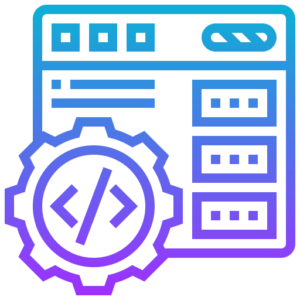
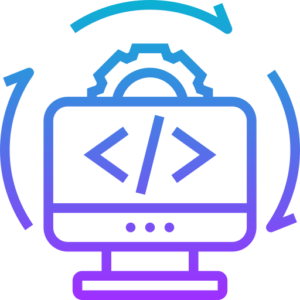
Integration
Tax technology can be integrated with other enterprise software systems, such as ERP (Enterprise Resource Planning) and accounting software. This seamless integration streamlines data flow and ensures consistency across financial processes.
Enhanced Security
With sensitive financial data involved, tax tech solutions prioritize data security. They employ encryption, access controls, and other security measures to protect sensitive tax-related information.


Competitive Advantage
Companies that leverage tax technology gain a competitive edge by optimizing their tax strategies, reducing costs, and ensuring compliance. This advantage can be especially crucial in industries with tight margins.
In summary, tax technology offers a range of benefits to organizations in the IT sector and beyond. It enhances efficiency, accuracy, compliance, and cost-effectiveness, ultimately contributing to better financial management and strategic decision-making. As tax laws and regulations continue to evolve, the importance of tax technology in the IT sector is likely to grow further.
We have worked with well over 100 multinational corporations to implement unparalleled levels of automation to transform their tax configuration and produce game-changing outcomes. Please get in touch with us to discuss your current business goals and what we can do to help.
